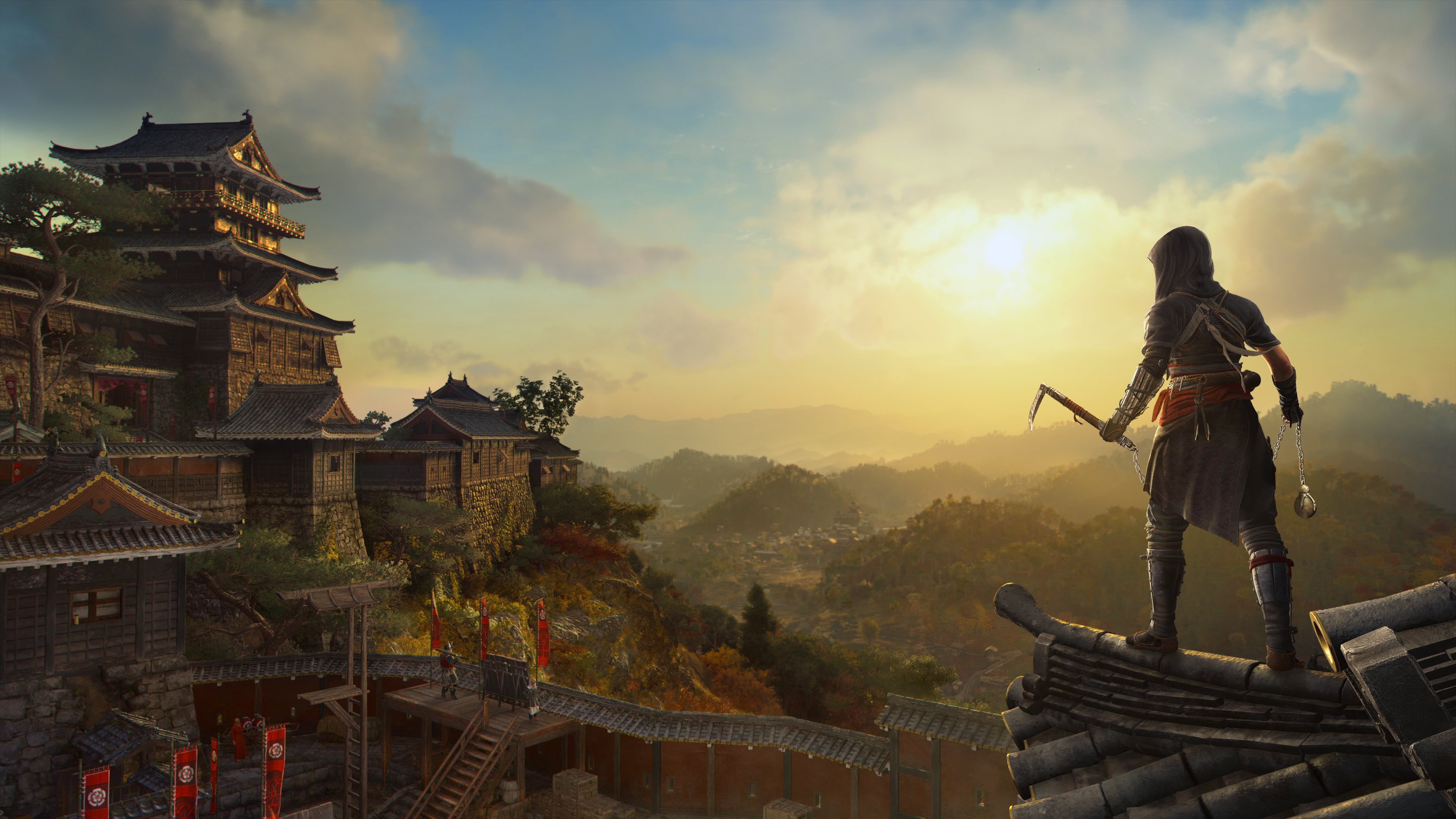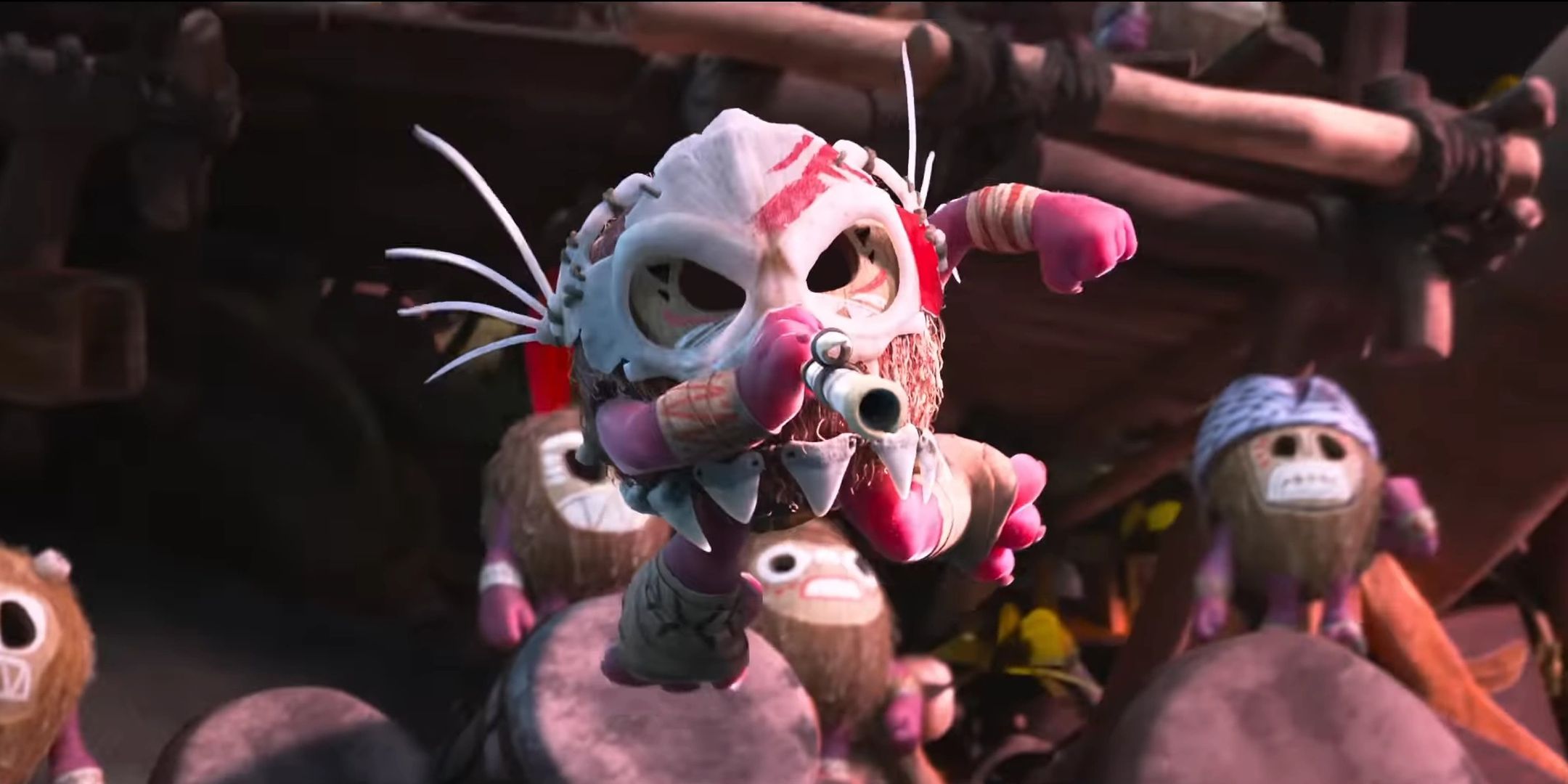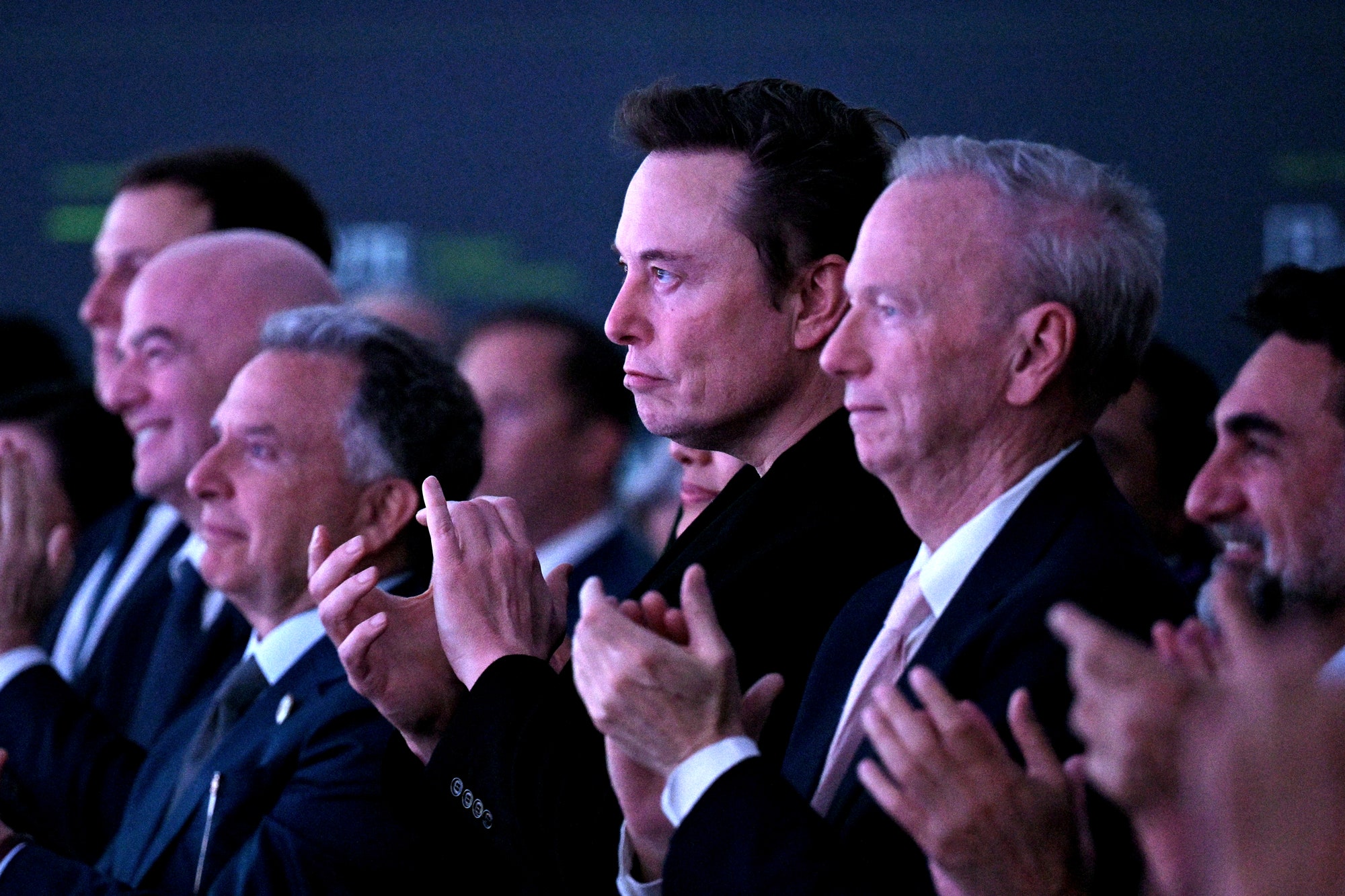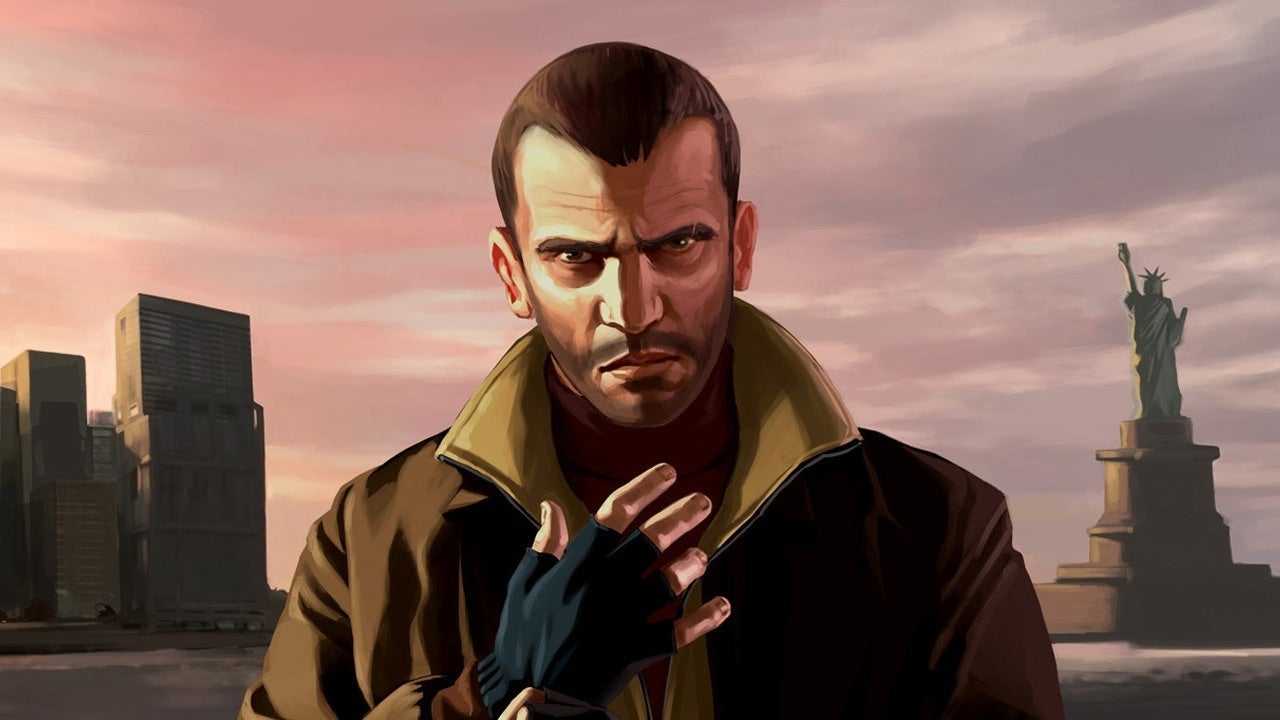Ubisoft just delayed Assassin's Creed: Shadows by another month, amid a time of troubled financials, continued cost cuts, and ongoing rumors the company was preparing for a sale to gaming giant Tencent. In an emergency conference call today, investors grilled CEO Yves Guillemot and CFO Frederick Duguet for answers on all of the above - but their responses didn't provide much reassurance.
Ubisoft's call today came alongside not just the delay announcement, but a seeming confirmation of sorts that Ubisoft is preparing to sell, or at least strongly considering it. Per the press release, the company has "appointed leading advisors to review and pursue various transformational strategic and capitalistic options to extract the best value for stakeholders. This process will be overseen by the independent members of the Board of Directors. Ubisoft will inform the market in accordance with applicable regulations if and once a transaction materializes."
Back in October, Bloomberg reported that Ubisoft's founding Guillemot family and shareholder Tencent were in discussions to take the company private following a number of high-profile flops, game cancellations, and the collapse of the company's share price. At the time, the talks were merely exploratory, and Ubisoft told IGN it would "inform the market if and when appropriate." Today's update seems to suggest that such talks, either with Tencent or in some other capacity, have moved forward in some way.
But it's unclear exactly how, and Ubisoft's shareholders understandably wanted more details during the conference call today. But Guillemot and Duguet weren't biting. First, they were asked directly by a Morgan Stanley representative: "On the various transformation strategic and capitalistic options, it's a bit of a vague phrase if you don't mind me saying. Could you perhaps elaborate on the kind of things you're talking about? And perhaps particularly, there were press reports of detailed discussions with Tencent that were reported on in December. Should we read that there is now some sort of proposal which the independent board members are going to review against other options? Or is that not what you mean by that?"
Duguet replied:
The objective of this process is to unlock the best value potential of our assets to the benefit of our stakeholders, and to foster the best conditions to create great games in the fast-evolving market. That's the overall objective, so that's why we mentioned that we appointed leading advisors. So we are currently actively exploring different options. And we can't say more. Of course we won't comment on specific rumors we have seen in the market, but we are convinced there are several potential paths to generate value from Ubisoft assets and franchises. We will inform the market if and when a transaction materializes.
That...doesn't really clarify anything! And the Morgan Stanley guy seemed to feel the same, because he followed up by acknowledging Ubisoft didn't want to say what the different options were, but asked if they could say "whether there are any concrete courses of action or scenarios that are being considered, or is this more of an exploratory kind of process?" elaborating that he wanted to know what was different about this announcement as opposed to past statements by Ubisoft about such exploration.
Duguet's response was short. "We are limited with what we can say today, but we've started a process." Then, seemingly realizing this could be interpreted as a too-specific confirmation, added, "with advisors."
The other shareholders didn't let Ubisoft off the hook here. A Barclays representative pointed out to Guillemot and Duguet that Tencent had recently been designated as a Chinese military company by the U.S., and wanted to know if that would hinder it becoming the majority owner of Ubisoft. Guillemot declined to comment. A representative from HSBC asked "what stage" the advisors were at, and when Guillemot could expect to get some initial findings. Guillemot would only say they "have started working" and that they could expect "good progress" in the coming months.
Admittedly, there's only so much Guillemot and Duguet can say about a potential acquisition without throwing it into legal and negotiational jeopardy, but that doesn't mean the skepticism around the board's alleged plans wasn't warranted. A number of other questions went unanswered during the call, such as a question about how many AAA games Ubisoft expected to release in the coming fiscal year ("you'll know more by May") and what specific sort of feedback Ubisoft got that sparked the month-long delay of Assassin's Creed: Shadows (Duguet and Guillemot tag-teamed an answer about positive community sentiment that did not address the investor's actual question at all).
Overall, the tone of the discussion was one of significant concern for the health of Ubisoft and the shareholders' investments, and it's no surprise why. For several years now, Ubisoft has seemed to be in a strange, slow downward spiral, with a number of high-profile flops, layoffs, studio closures, game cancellations, and delay after delay after delay.
Meanwhile, rumors continue to spin about what exact proposals the board is considering, with some media outlets floating the idea that Tencent is increasingly reluctant to embrace Ubisoft due to the Guillemot family's insistance on retaining a significant amount of control. Sans Tencent, there are few other companies big enough and rich enough to spend the cash needed to save the albatross Ubisoft has grown into.
Rebekah Valentine is a senior reporter for IGN. You can find her posting on BlueSky @duckvalentine.bsky.social. Got a story tip? Send it to rvalentine@ign.com.















